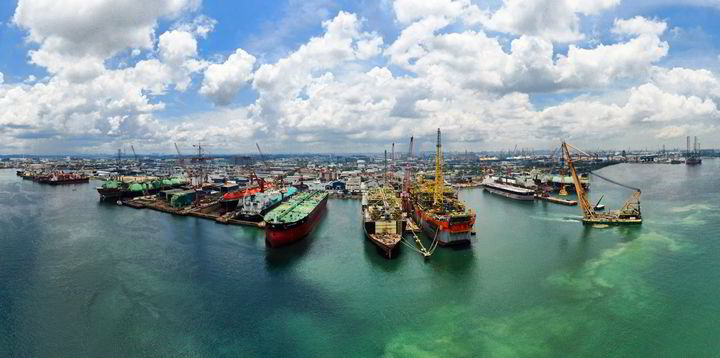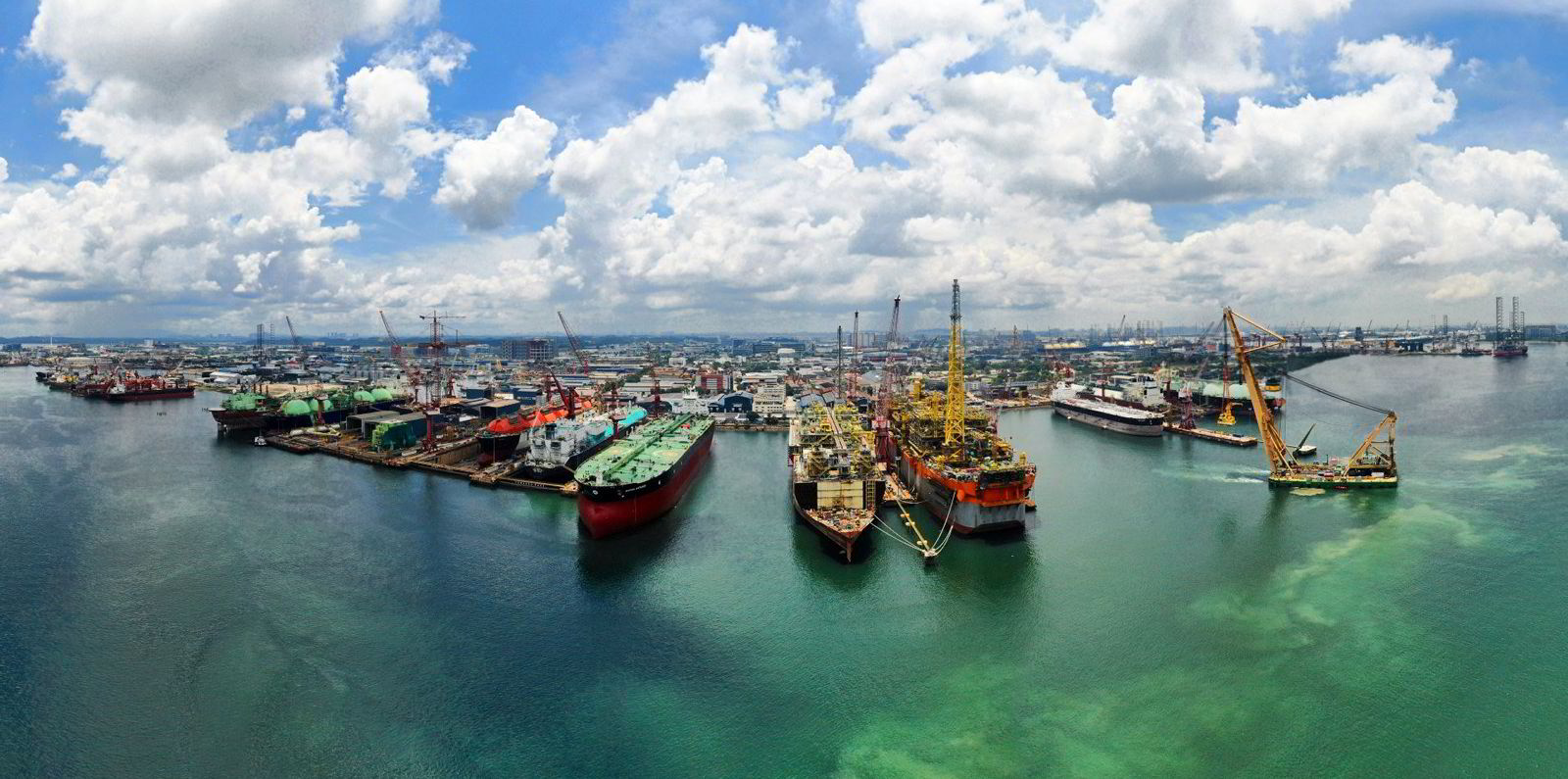Maersk Supply Service has won its largest solutions contract to date for Petrobras’ Buzios 6 project offshore Brazil, although the value of its scope was not revealed.
The Danish Marine services company has signed what it calls an assignment agreement with UK contractor TechnipFMC for the towing and mooring campaign for the Buzios 6 project.
Maersk Supply’s workscope involves the pre-installation of the mooring system and hook-up of the P-78 floating production, storage and offloading vessel, which is being built by Singapore’s Keppel Offshore & Marine under a US$2.3 billion contract. The FPSO will be the seventh floater to be deployed on Petrobras’ Buzios field in the Santos basin.
The project will be carried out over almost two years, with onshore work — including engineering, procurement and project management for the assigned activities — already under way. The offshore work is expected to utilise two of Maersk Supply’s M-class anchor-handling tug supply vessels, which will be supported by another four AHTSs for the station keeping.
“We are very pleased to support the development of the Buzios 6 field and to further expand our operations in Brazil. Our approach is to combine our engineering, project management and operational experience with the best-in-class capabilities of our fleet, providing added value to the Brazilian market,” Maersk Supply managing director for Brazil Rafael Thome said.
“We are delighted to have the opportunity to continue building on our positive relationship with TechnipFMC, and to further demonstrate our capabilities in delivering challenging EPCI mooring projects in deepwater Brazil. We now look forward to adding to our excellent track record of safe and efficient integrated project executions,” Maersk Supply head of integrated solutions Olivier Trouve said.
This award follows the contractor’s successful completion of the Mero 2 contract for the Sepetiba FPSO, for the pre-installation of the mooring system in a water depth of more than 2000 metres. This project, also offshore Brazil, involved the procurement and installation of 24 torpedo anchors, and the subsequent abandonment of the polyester mooring lines.

